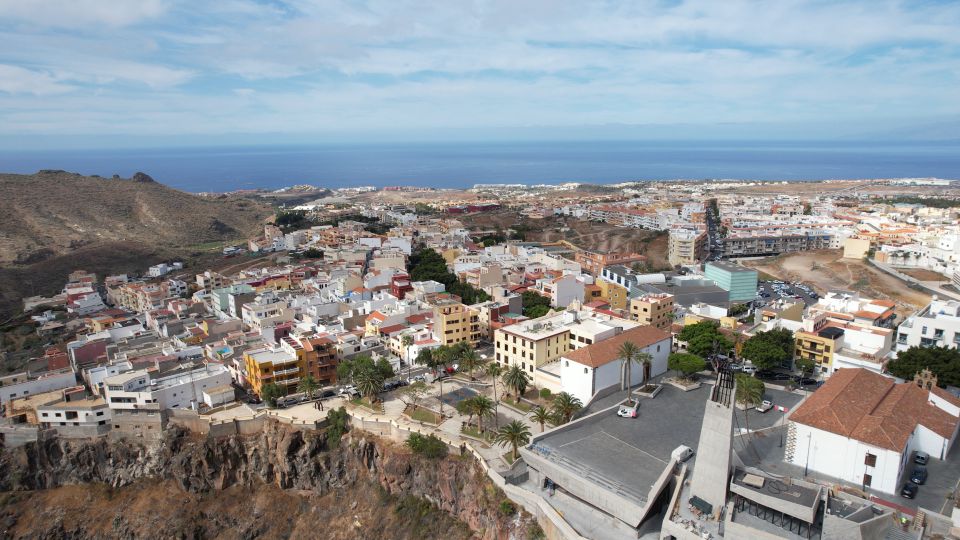Adeje’s local government group, led by mayor José Miguel Rodríguez Fraga will bring a proposal to the next full council meeting to initiate proceedings to declare the zone "stressed market area", under the government of Spain "Law 12/2023, of 24 May, for the right to housing".
This is a new law introduced last year to tackle the issue of rental prices and access to housing. The council must, in plenary session approve a motion urging the Canary Islands government to carry out the necessary studies to measure the socio-economic parameters that would allow Adeje to be declared a “stressed area”. The parameters include confirming data that Adeje residents spend at least 30% of their income on housing or, that the purchase or rental price of available housing has experienced increases that exceed the CPI (consumer price index) by 3 points in the previous five years, with the option of carrying out this study by zones or population nuclei within the municipality itself.
Under the new national housing law, stressed zones are areas where housing costs are high and are driving out tenants.
The mayor of Adeje has acknowledged that "we are aware that there is a serious problem of access to housing for many people, residents of Adeje, young people here and workers who come from other parts of the island or the Canary Islands and we must do everything in our power to solve it.”
The mayor acknowledged that there are no single solutions and that all will need time to help solve the problem, "so this first measure of requesting the declaration of Adeje as a ‘stressed zone’ is part of a more comprehensive and ambitious plan that we are working on and that we will announce very soon. This plan that will include the construction of more housing, making land available for building and reaching agreements with other administrations and organisations that build housing for working people.”
The measures include the right, in an officially declared stressed area, "for tenants to reduce their rents by 5% in exchange for tax relief that could go up to 90%. The deduction would be 70% if the property is rented for the first time to young people aged 18 to 35. If the property has been renovated or improved, the rebate will be 60%," with all these details to be included in the motion to be presented to the next full plenary session. In addition, owners who sign a contract of at least 10 years will be exempt from the price freeze and will be able to increase the rent by up to 10% in exchange for extending the duration of the contract.
Adeje has already planned the construction of 45 homes in Armeñime, with land, with the transfer of plots of land to the Canary Islands Government agreed, and is preparing to allocate more land to increase the number of properties to be built, with the mayor promising that more land will be made available.
With the declaration of a stressed area, “Adeje plans to help limit rental prices, generate aid for people who put their homes on the market, and to help to develop new projects," said the mayor.
It will also work towards processing tax rebates and other measures to influence and help lower prices in the coming months, avoiding disproportionate rises every time a rental contract has to be renewed. Adeje will be one of the first councils to apply these measures, with the firm intention that any such initiative must work towards solving a problem that is becoming more serious every day.
